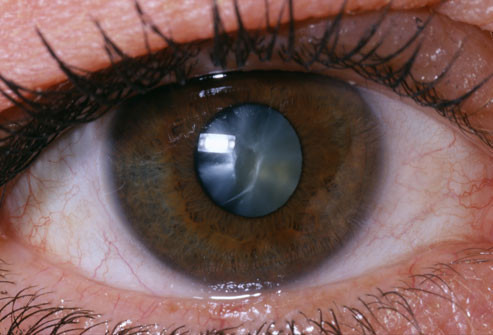 Living with heart failure is hard enough, but a new study suggests that these patients may also face a higher risk of cancer.
Living with heart failure is hard enough, but a new study suggests that these patients may also face a higher risk of cancer.
Researchers looked at more than 100,000 heart failure patients and the same number of people without heart failure. Their average age was just over 72 and none had cancer at the start of the study.
Over 10 years of follow-up, cancer rates were 25.7% among heart failure patients and 16.2% among those without heart failure. By gender, rates were 28.6% in women with heart failure, 18.8% in women without heart failure, 23.2% in men with heart failure and 13.8% in men without heart failure.
The study was presented June 28 at an online meeting of the European Society of Cardiology and simultaneously published in the journal ESC Heart Failure.






